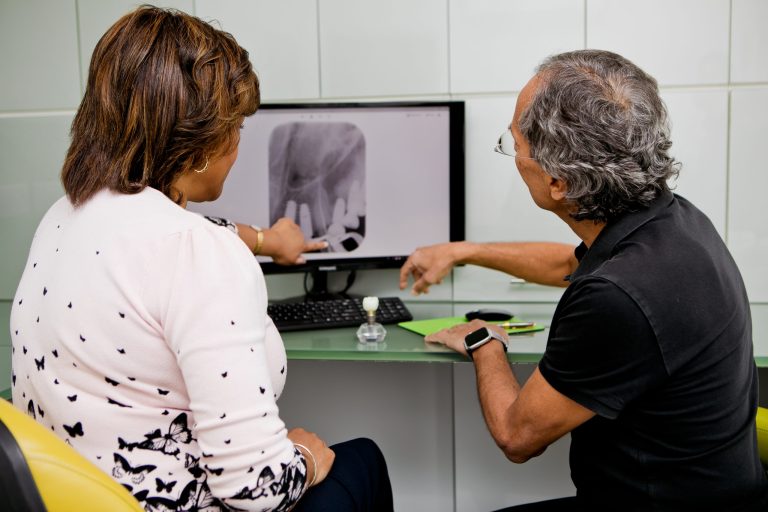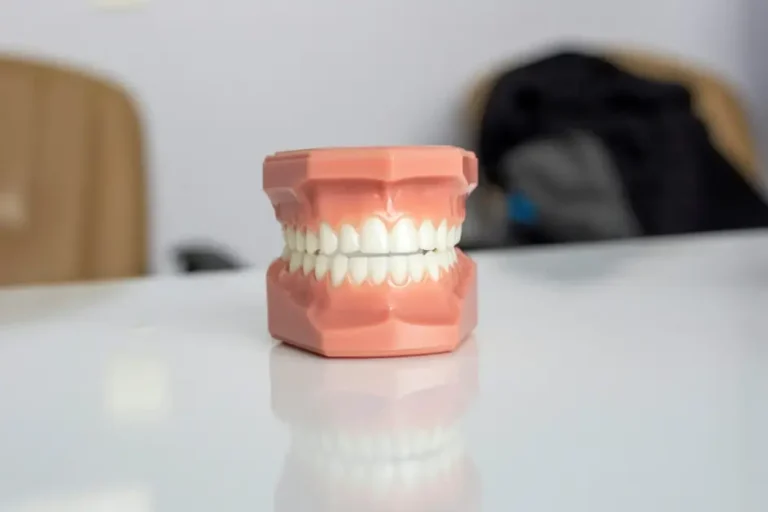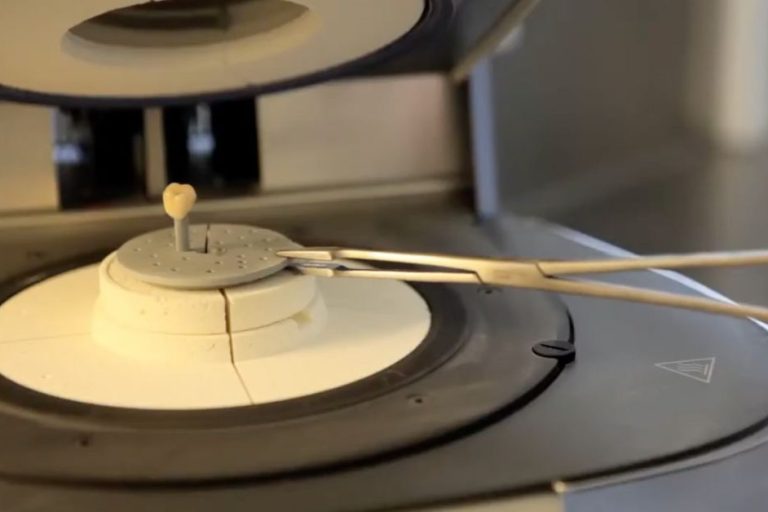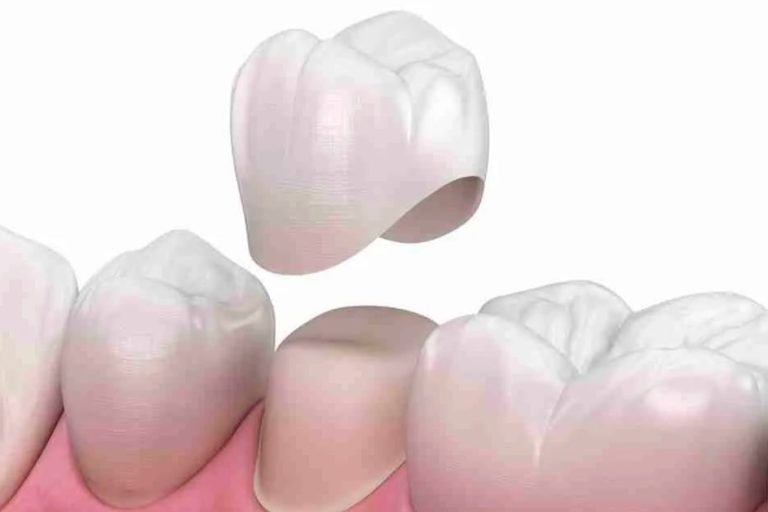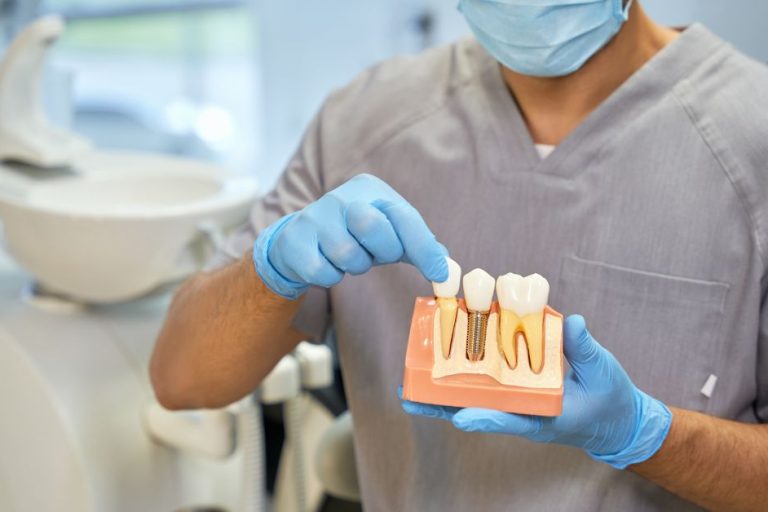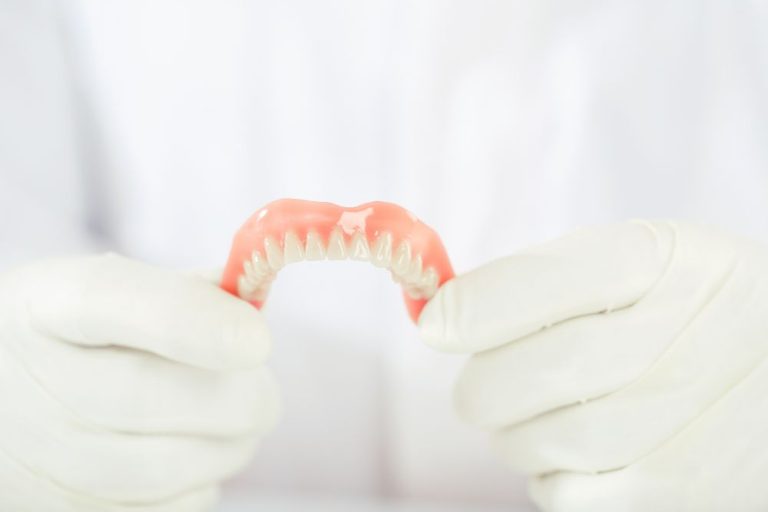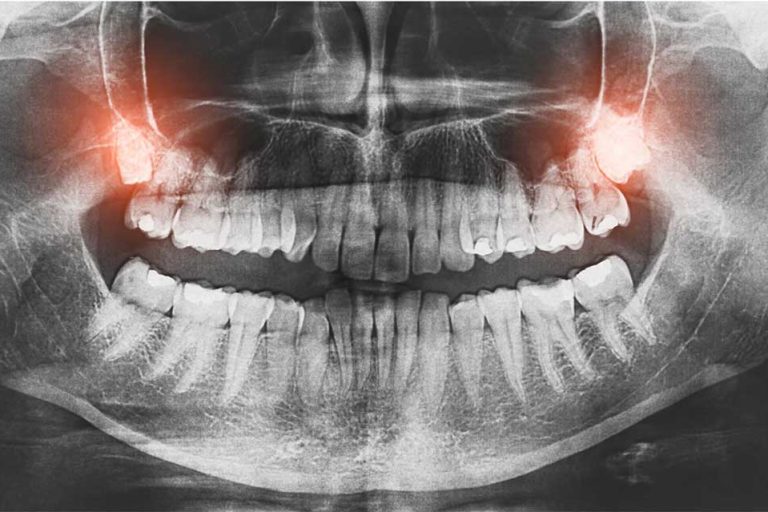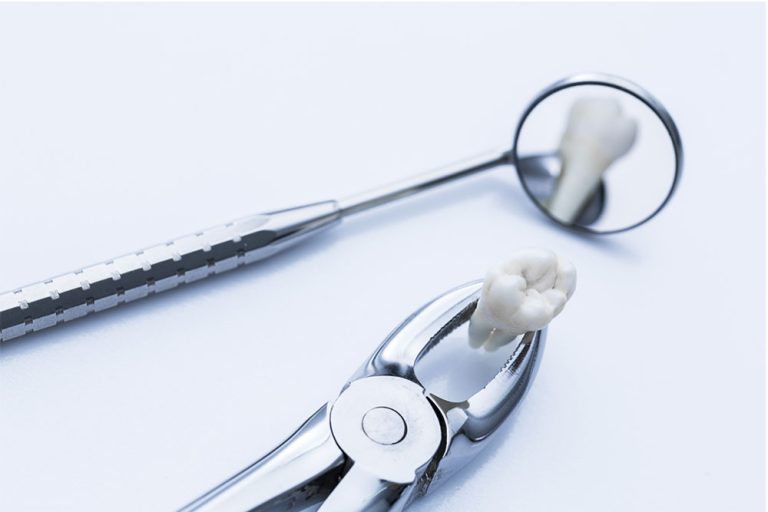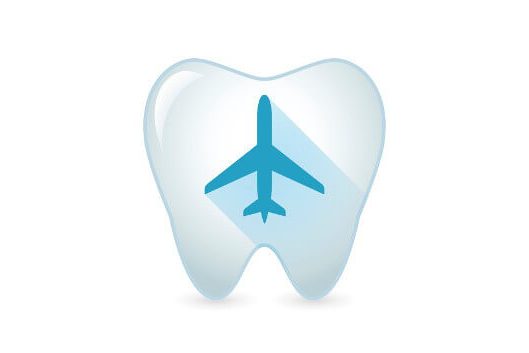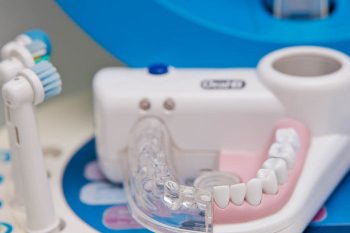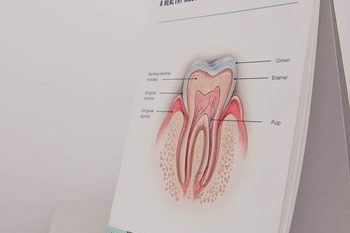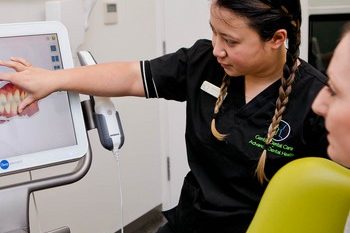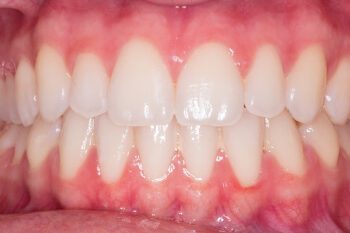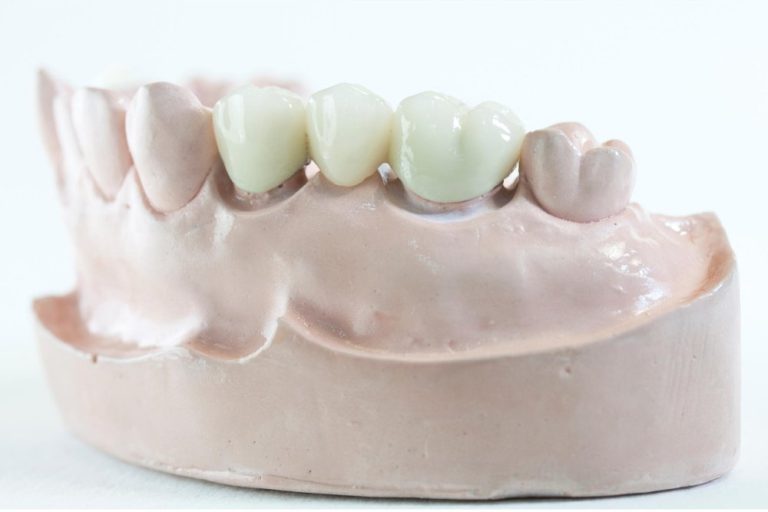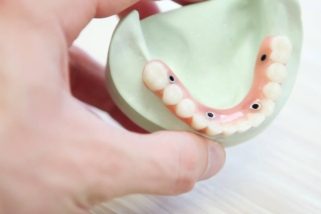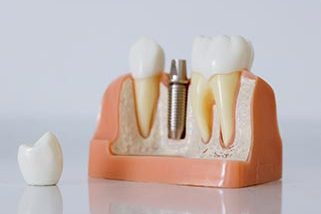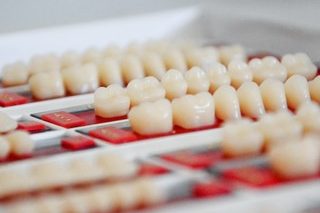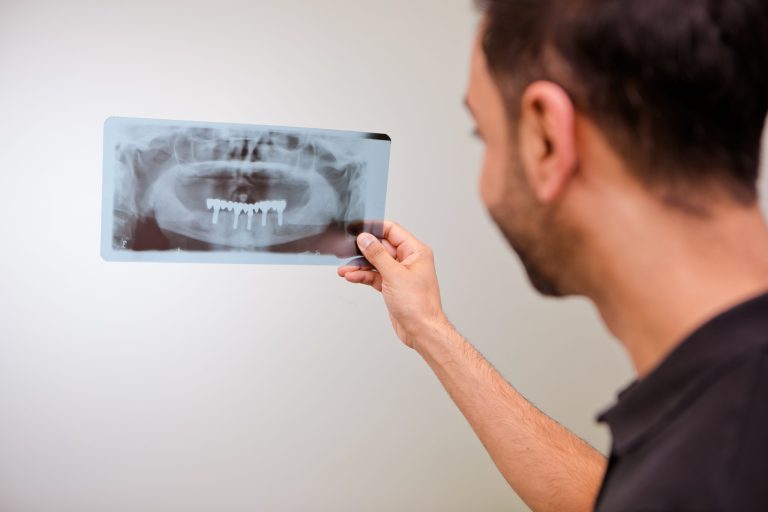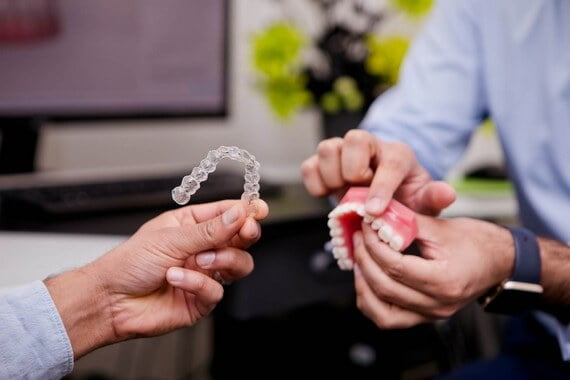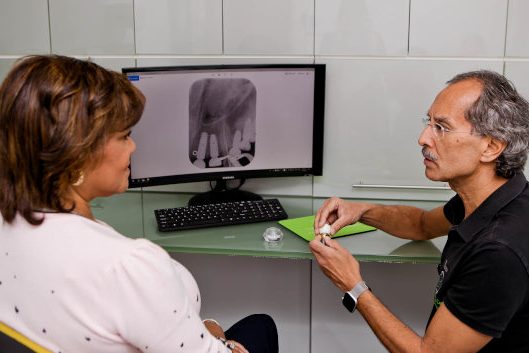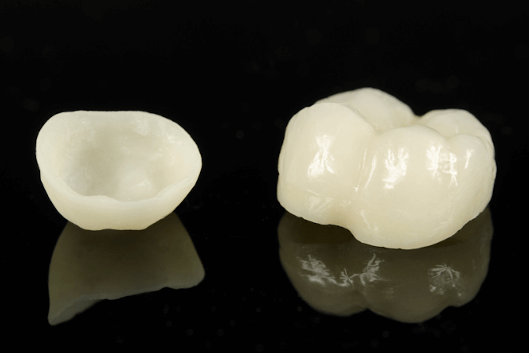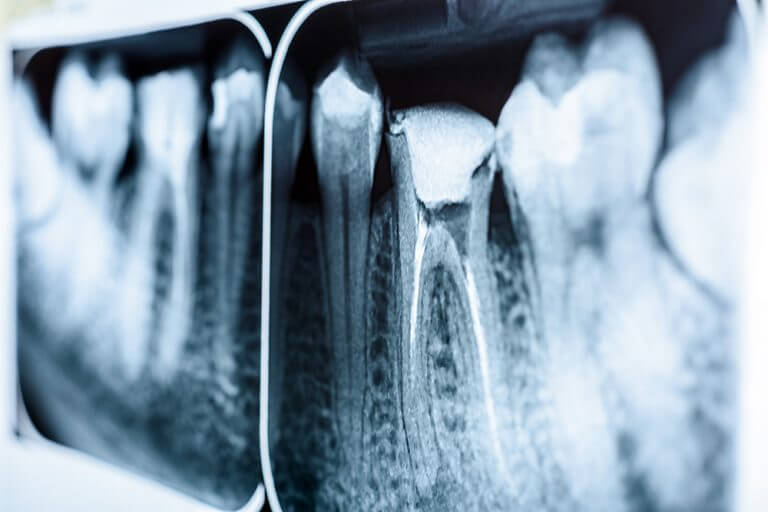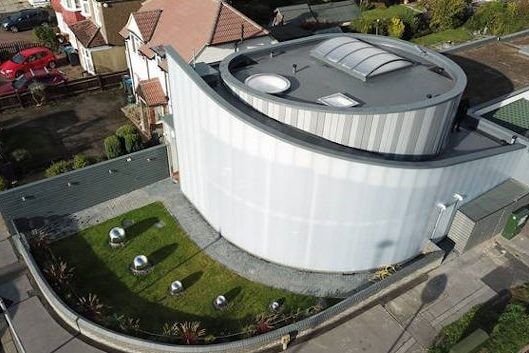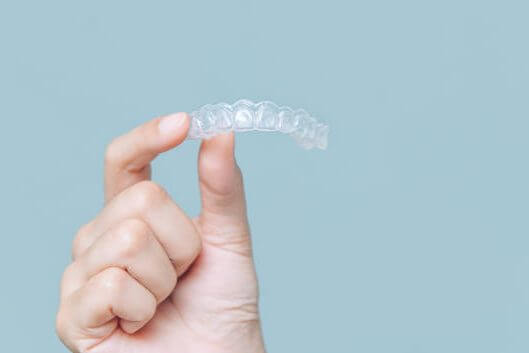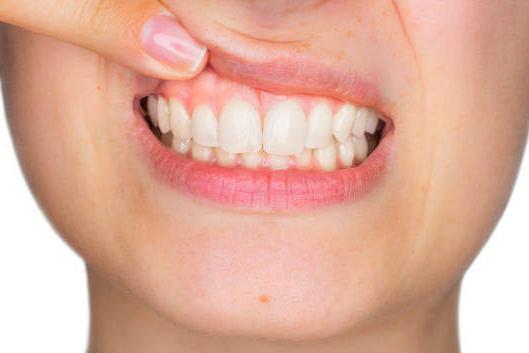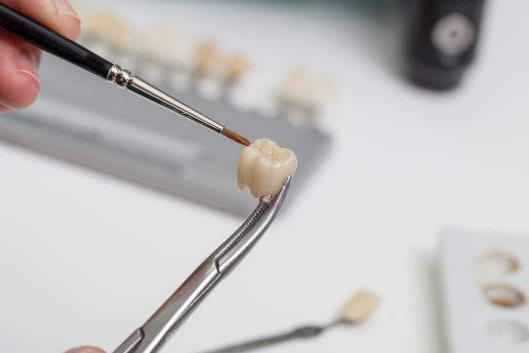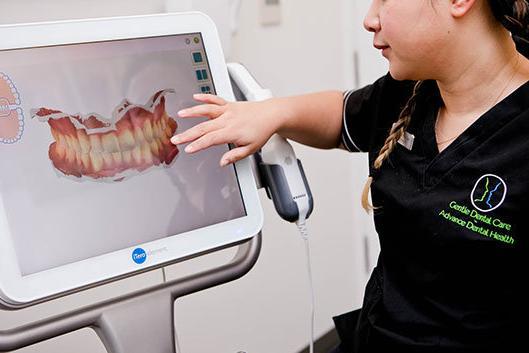Does everyone get wisdom teeth?

Wisdom teeth are effectively a third set of molars, and usually consist of four wisdom teeth. In some individuals, all wisdom teeth are fully developed and in other cases any number between 0-4 wisdom teeth are developed. This set of teeth is the final set to erupt, and they emerge near the back of the mouth behind the second molars. The name ‘wisdom teeth’ originated due to the time they usually erupt being between ages 17-25 in which a young person is likely pursuing wisdom/higher education. In some individuals, wisdom teeth never erupt.
The majority of people are born without wisdom teeth. Studies show that missing wisdom teeth at birth is common (35% of individuals). There are two key reasons as to why wisdom teeth may be missing, and these are detailed below:
- A major reason for wisdom teeth not being present is that they have not erupted, and thus remain beneath the gums. This can occur if the wisdom teeth do not possess the necessary space to grow (impacted), thus they remain dormant with the jawbone.
- A lack of wisdom teeth may also be gene related, with studies showing evolution has led to a future absence in wisdom teeth. There are many theories as to why this occurring, including the expanding brain size and thus the head is no longer big enough to accommodate the extra set of teeth. There is also the theory that our diets have become softer and easier to chew, thus these extra molars are unnecessary.
Impacted wisdom teeth
A common issue that occurs with wisdom teeth is that they are impacted, and they do not have the necessary space to form. This can mean the teeth do not grow at all or they grow in an abnormal way. If wisdom teeth do grow in an abnormal way, then it can cause potential pain and future infections, known as pericoronitis. Moreover, even if the teeth do grow in the correct position, it is possible for future problems to occur. For example, a wisdom tooth is usually difficult to clean due to its positioning in the mouth and thus may become decayed over time. Additionally, it can lead to crowding problems and misalignment of other teeth as they develop over time.
Wisdom tooth extraction
A wisdom tooth extraction must only be undertaken if there is a proper clinical reason behind it. NICE guidelines govern what is deemed a good clinical reason and state that wisdom teeth can only be removed if pathology has been observed. Pathology includes the unrestorable decay of wisdom tooth, untreatable nerve damage, cellulitis, abscess, infection to the jaw, and potential damage to teeth. NICE guidelines also allow for wisdom teeth removal if significant pain is caused due to impacted wisdom teeth. The guidelines are extremely strict and wisdom teeth will not be able to be removed if the reasoning is not proper or adequate.
Once the decision has been made to have the wisdom tooth extracted the surgical procedure should be carried out by either a dental expert/ specialist or an oral/maxillofacial surgeon. Once the surgery is complete it is essential that a clot has been formed over the extraction area, this is usually done through biting on a gauze. You should keep biting on this gauze for the following hour after surgery, and you should follow all tips given by the surgeon to ensure that this area is not negatively impacted. Some strict guidelines that should be followed includes consuming soft foods, taking approved pain relief medication and resting as much as possible.
If you are worried about missing wisdom teeth, or you are worried they are impacted, give us a call and we will get you booked in for a consultation.
Call 020 3925 3846 or fill in our form to enquire about your consultation.
